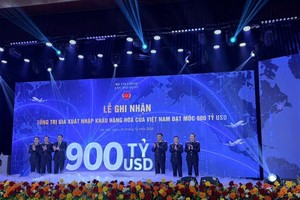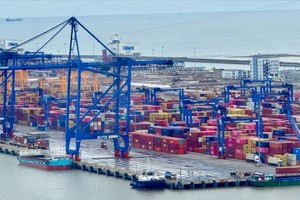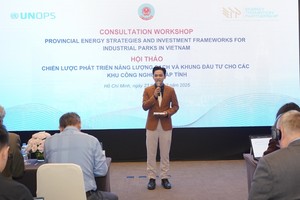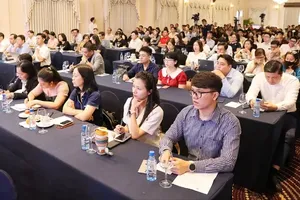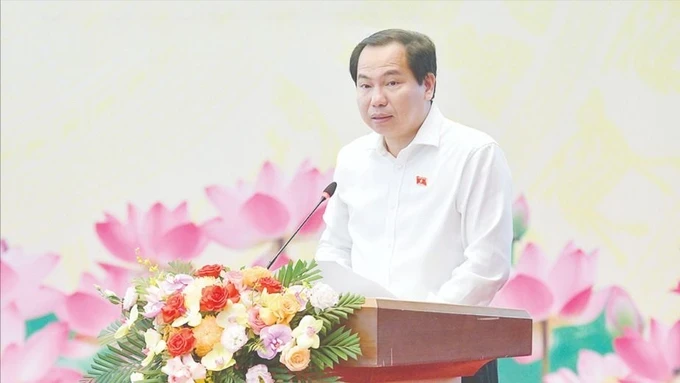
The meeting, co-held by the National Assembly's Finance and Budget Committee in collaboration with the Ministry of Finance, was named “The Law on Corporate Income Tax (Amendment): Consultation on Tax Incentives to Attract Investment in the New Phase”.
Chairman Le Quang Manh of the Finance and Budget Committee noted that after 15 years of implementation, despite amendments and supplements, the corporate income tax policy has revealed certain shortcomings and limitations in the national socio-economic development, deep international economic integration, the rapid advancement of information technology, and the emergence of new economic models like sharing economy or digital economy.
According to the National Assembly's law development program, the amended Law on Corporate Income Tax will be submitted to the National Assembly for consideration and feedback during the 8th session (October 2024) and is expected to be passed in the 9th session in May 2025.
Delegates in the meeting emphasized the necessity for tax regulations to be simple, clear, and easily understandable, ensuring fairness for all entities and avoiding further complications in the tax system. Some suggestions included a uniform minimum preferential tax rate of 15 percent (with three tax rates of 20 percent, 17 percent, and 15 percent), and a particular emphasis on reforming procedures for obtaining tax incentives.
According to the Vietnam Chamber of Commerce and Industry (VCCI), there are instances where businesses have incurred costs for investment preparation or have already invested in business projects, but due to objective reasons, the projects have faced risks, and the businesses have not generated any revenue from those projects.
In such cases, tax authorities often apply the provision on “expenses not corresponding to taxable income” to exclude the invested as well as to-be invested costs of risky projects. This is considered unreasonable and has a negative impact on businesses’ investment motivation.
If these costs are not allowed to be deducted, businesses will be hesitant to expand their production and business operations, undertake high-risk investment projects, venture capital projects, new business models, or innovative activities.
Furthermore, the provision on “expenses not in accordance with the provisions of specialized laws” can be interpreted very broadly (leading to the exclusion of many reasonable expenses of businesses when calculating taxable income), and therefore needs to be clarified.
The current Law on Corporate Income Tax was passed at the 3rd session of the 12th National Assembly on June 3, 2008, before taking effect from January 1, 2009 (replacing the 2003 Law on Corporate Income Tax), and has been amended and supplemented three times.
